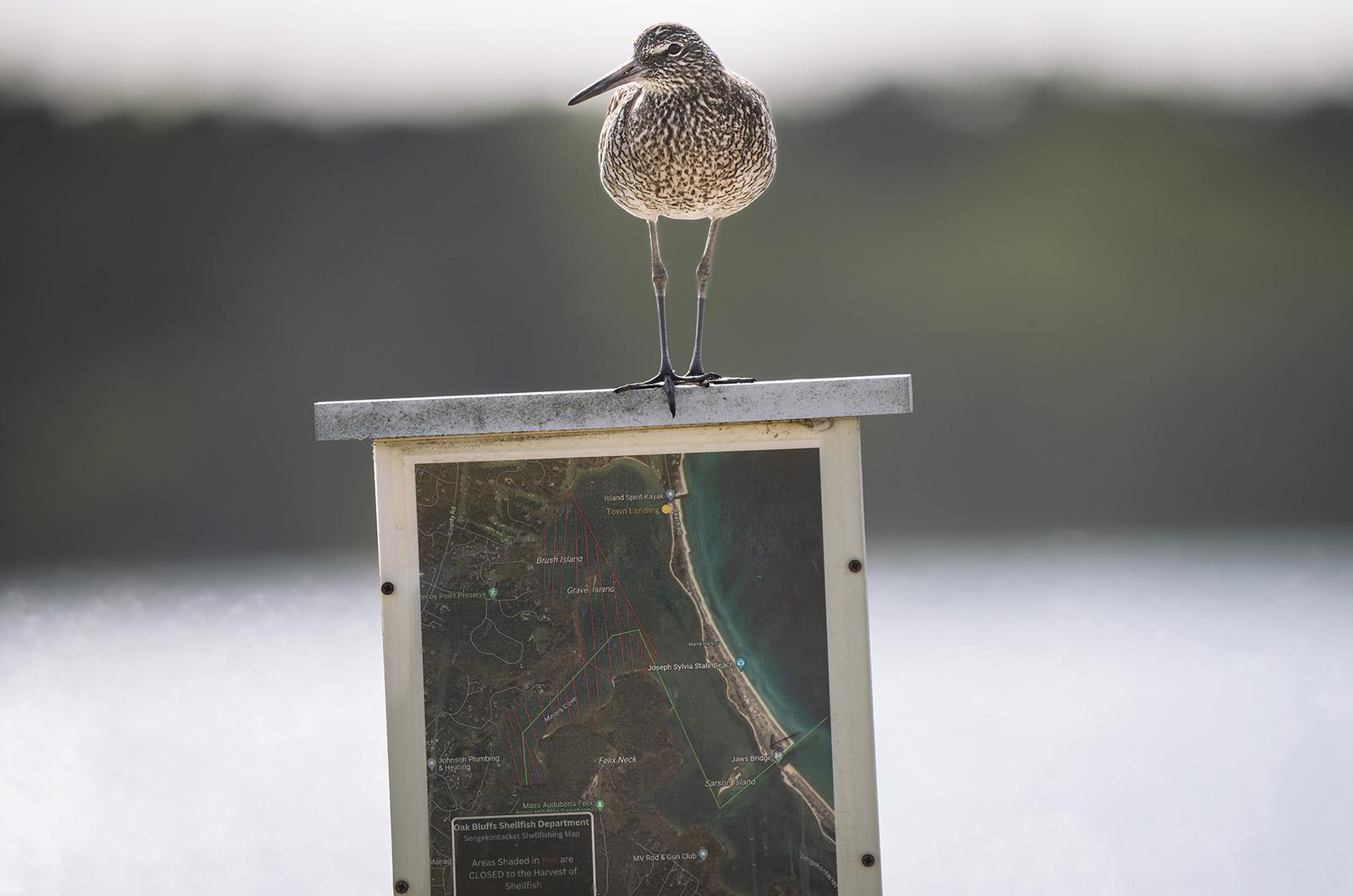With changes afoot in how the barrier beaches are managed at Norton Point, Wasque Reservation, Leland Beach and Cape Pogue Wildlife Refuge, the debate around access by oversand vehicles has reached a noisy clamor.
And while fishermen and recreational beach users have a legitimate stake in the outcome, there is another critical constituency that cannot speak for itself: nesting shorebirds.
A report issued this spring by the journal Ornithological Applications found that migratory shorebirds are in trouble, declining more than many other avian species across the globe.
The abundance of shorebirds found along the Martha’s Vineyard coastline is itself one of the wonders of the Island. But ornithologists and wildlife biologists who study the patterns of these birds are worried.
Go out at low tide and walk the barrier beach that rims the beautiful flats of Katama Bay, situated along Norton Point at the extreme southeastern end of Edgartown. There you will find shorebirds of every description: plump red knots, tiny sandpipers and plovers, swooping terns and colorful American oyster catchers with their distinctive high-pitched calls. Some make nests — little more than shallow scrapes in the bare sand above a shell-strewn wrack line. Others forage for food, taking in calories before they move on to the next stop on their genetically programmed migratory route of thousands of miles that can only be described as one of the most remarkable wonders of the natural world.
In the study researchers from the United States and Canada analyzed observations of 69.6 million shorebirds along the Atlantic coast from 1980 to 2019. The study focused on 28 species from red knots to willets — nearly all are birds that can be found on the Vineyard. The findings are sobering: nearly every species is in steep decline, with the greatest declines documented at sites along the Atlantic Coast from North Carolina to Nova Scotia.
The study cites more than one factor as a cause for the decline, including coastal development, competition from other species such as geese, and sea level rise.
“The declines in shorebird populations reported here are worrisome and signal the urgent need for conservation action,” the authors write.
On the Vineyard the report comes at a time when pressures on the coastal environment are more intense than at any time in recent memory. Some of these pressures are driven by climate change but far more are human driven, with a population on the rise and real estate development and construction booming in every sector.
This summer for the first time in many decades, the town of Edgartown will be managing Norton Point. Meanwhile, the Trustees of Reservations, who own and manage Wasque, Leland Beach and Cape Pogue, have struggled mightily to develop a beach management plan for their properties that will pass muster with the many stakeholders.
It adds up to a tricky balancing act. But regulators owe it to us all to protect a resource that is more precious — and endangered — than we knew.




Comments
Comment policy »